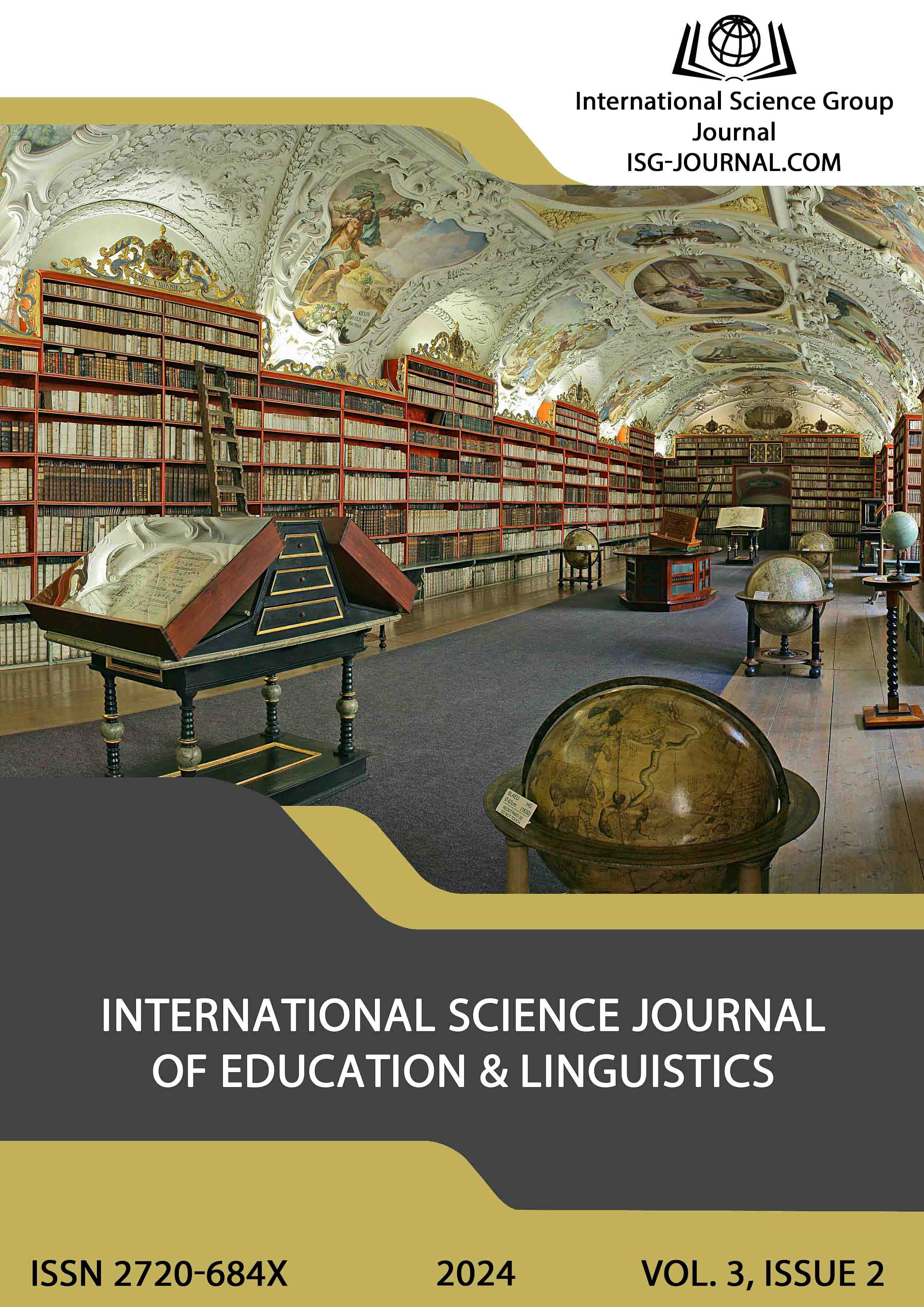Application of the Pareto principle for concentration of basic knowledge of medical students in online learning
DOI:
https://doi.org/10.46299/j.isjel.20240302.03Keywords:
medical education, distance learning, training during war in Ukraine, online learningAbstract
Education is of primary importance to those seeking education in wartime. Attacks on schoolchildren, students and teachers are not only attacks on their right to education, but also on their future. The protracted nature of conflicts today affects the future of entire generations of people. Medicine in general, and oncology in particular, requires knowledge of a huge amount of interdisciplinary information, principles of diagnosis, methods of treatment and prevention, as well as human psychology. If you try to learn everything at once, in the shortest possible time, in the conditions of constant air alarms, problems with the Internet and long-term distance learning without practicing practical skills, you can not wait for the result. The application of the Pareto principle in wartime is not only a concentration of basic knowledge, communication skills and educational tools that a student can acquire in a short period of time due to active military operations, daily repeated air alarms, lack of constant Internet connection, lack of access to professional literature and /or libraries, the lack of opportunity to practice practical skills in real life, but also an attempt not to postpone education "for later". The main components of remote online learning in an extreme situation are first of all high-quality modern lectures, online tests and clinical tasks, a simulated patient (recorded in Microsoft teams), video films demonstrating practical skills, videos from the operating room, independent projects for students in the form of PDF presentations, anonymous survey of students after the end of the cycle.References
Bondar O.V., Rybin A.I., Kuznetsova O.V. Medical education during the COVID 19 pandemic: problems and solutions / Scientific Bulletin of the South Ukrainian National Pedagogical University named after K.D. Ushynsky. 2021. - Issue 4 (137). - P. 26-31. https://doi.org/10.24195/2617-6688-2021-4-2
Bondar O.V., Rybin A.I., Patskov A.O. Emotional burnout and issues of professional psychological training of oncologists / Medical education. 2021. - №3. - P. 23-30. DOI 10.11603/m.2414-5998.2021.3.12424.
Bondar O.V., Rybin A.I., Kuznetsova O.V., Patskov A.O. Our experience of medical online education during the war / Actual problems of transport medicine. - 2022. - №4 (70) - P.142-151. http://dx.doi.org/10.5281/zenodo.7495399
Sandars J., Correia R., Dankbaar M., de Jong P., et al. Twelve tips for rapidly migrating to online learning during the COVID-19 pandemic. MedEdPublish. 2020; 9 (1): 82. DOI: 10.15694 / mep.2020.000082.1
Eachempati, P., & Ramnarayan, K. (2020). Ten maxims for out of class learning to outclass the academic challenges of COVID-19. MedEdPublish. Vols. 9 (1): 89. DOI: 10.15694/mep.2020.000089.1
Kachra R., & Ma I. (2020). Practical tips for faculty development workforce training under pressure in the time of COVID-19 pandemic. MedEdPublish. Vols. 9 (1): 81. DOI: 10.15694/mep.2020.000081.1
Khalafalla, H., & Taha, M. (2020). The assessment clock: A model to prioritize the principles of the utility of assessment formula in emergency situations, such as the COVID-19 pandemic. MedEdPublish. Vols. 9 (1): 88. DOI: 10.15694/mep.2020.000086.1
Sabzwari, S. (2020). Rethinking Assessment in Medical Education in the time of COVID-19. MedEdPublish. Vols. 9 (1): 80. DOI: 10.15694/mep.2020.000080.1
Taylor, D., Grant, J., Hamdy, H., Grant, L. & et al. (2020). Transformation to learning from a distance. MedEdPublish. Vols. 9 (1): 76. DOI: 10.15694/mep.2020.000076.1
World Health Organization. URL: https://www.who.int/ru/about/governance/world- healthassembly/seventy-second-world-health-assembly 25.01.2020.
https://reliefweb.int/report/world/ukraine-points-threat-education-during-war
https://www.unicef.org/education-under-attack
https://www.unisender.com/ru/glossary/zakon-pareto
https://www.nrc.no/perspectives/2018/education-during-wartimenew-page/
Downloads
Published
How to Cite
Issue
Section
License
Copyright (c) 2024 Andriy Rybin, Olga Kuznetsova, Andriy Patskov

This work is licensed under a Creative Commons Attribution 4.0 International License.





